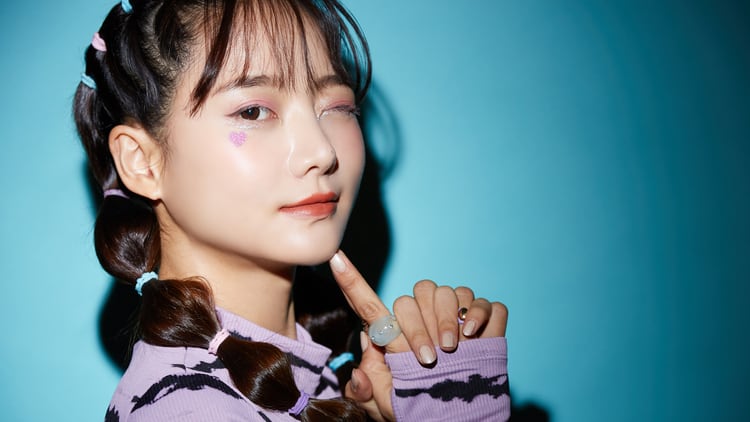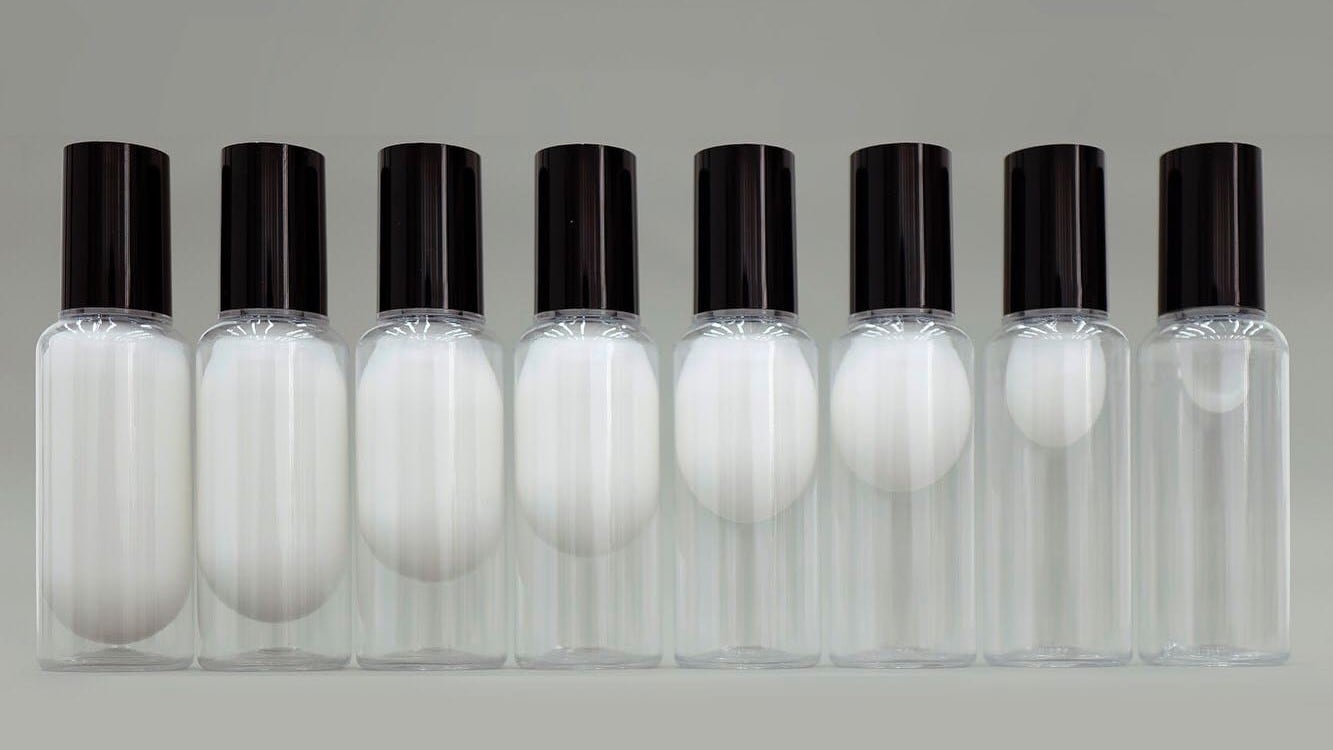The review titled Mobile shopping beauty live commerce changes in COVID-19 pandemic focused on fun contents of MZ generation in Republic of Korea was published in the Journal of Cosmetic Dermatology.
Also known as the MZ generation, researchers said it was crucial for firms to clearly understand their evolving consumer need.
“As the unknown era enters, the frequency of use of non-face-to-face mobile shopping for customised cosmetics is increasing, and the use of mobile shopping in January 2020 (after the spread of COVID-19) using a hands-on app incorporating the new technology of the 4th industrial revolution is increasing.
“This situation is centred on the MZ generation, which has emerged as a new consumer in a market that values individual taste and individuality. Generation MZ, collectively referred to as Millennials and Generation Z, leads to a new cultural and social phenomenon. In an ever-changing world, they consume content using video or media rather than text and photos,” said the team.
In June 2021, the researchers utilised the method of narrative review to document the changes in mobile shopping on live e-commerce for beauty during the pandemic.
The keywords used to scour databases like PubMed, Google Scholar, Scopus, and ResearchGate, were, for instance, “Covid Mobile Shopping”, “Covid MZ Generation”, “Covid Live Commerce,” and “Fun Content.”
A total of 398 papers were found, but it was narrowed to 40.
Findings
Results showed significant changes in the beauty market due to COVID-19, which could be categorised into four areas – changes in the beauty market, increase in mobile shopping, growth of beauty live commerce streamings and preference for fun content among the Gen MZ.
Changes in the beauty market were noted in numerous studies, such as Gül Ü’s study on skin lesions and findings and Darlenski R. and Tsankov N.’s investigation on face mask-wearing and dermatological conditions.
A large increase in mobile shopping was recorded, among which by the paper written by Song Nieun et al. in the Korea Journal of Business Administration, whereas growth in live beauty e-commerce streaming was studied by researchers Lee Hye-Jun and Sung Youl Hong for the Journal of Cultural Product & Design.
According to the review, Gen MZ preferred fun content instead of basic text and photos. This sentiment was proven by several studies, like Hae Moon Lee, Jin Min Rhie and Young Soon Jang’s paper and Choi Ki’s research on the motivation of using live commerce according to the change of non-face-to-face consumption culture.
Upon further analysis, smartphones tried to fill the gap and activate the mind for fun, leading consumers to prefer pleasure-oriented products.
Researchers used the implicit association test to show the association between smartphones and fun. Therefore, the review might determine consumer preference for pleasure.
Customer modelling studies in e-commerce were also examined using system models to describe the flow of information between various platforms, customers, stores and web technologies.
Conventionally, a customer enters a store and makes several decisions, such as browsing, buying, paying, and storing. However, a support design is needed in the artificial environment to allow decision-making. The process must be fun and the workflow natural to attract customers.
Based on the structure of live beauty commerce, the entertainment components were classified into interaction, cognition, achievement, and sensation. The team analysed the differences in the effect of each factor on the viewer’s attitude, cognition, emotion, behaviour and intention for continued use.
Emotional and behavioural factors were found to affect their intention for continued use.
In conclusion, this narrative review focused on fun content provided for the MZ generation in Korea. It was empirically analysed in the context of that generation, who are the main consumers of live commerce.
This paper could be the basis for marketing planning for firms intending to ride with the new market changes and understand consumers in the cosmetics industry.
Source: Journal of Cosmetic Dermatology
DOI: 10.1111/jocd.14442
“Mobile shopping beauty live commerce changes in COVID-19 pandemic focused on fun contents of MZ generation in Republic of Korea.”
Authors: Lee Jinkyung et al.




